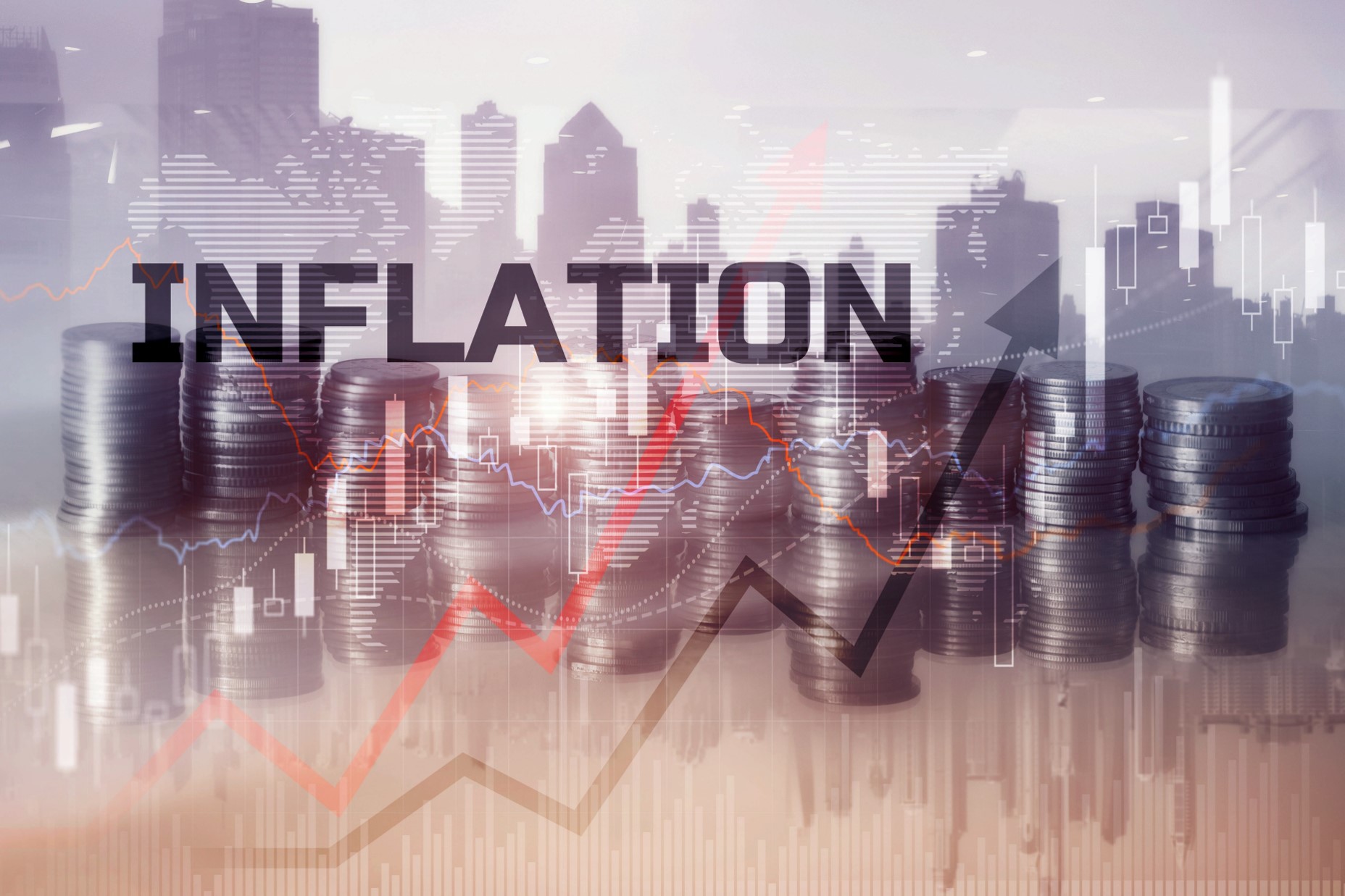Ketchup packets are generally not considered a luxury item, but notably packet prices have risen by 13% over the last year and restaurants are scrambling to keep them in stock 1. To understand this phenomenon, we will review what inflation is, what causes it, and the implications for both markets and investors.
INTRODUCTION TO INFLATION
Inflation is a persistently recurring topic in 2021.
It feels like the grown-up version of the monster under the bed. Like that monster, a little investigation and understanding can do a lot to demystify this inflation “monster,” as well as make it, frankly, less scary. In basic terms, inflation is a measure of the rising rate of goods and services in an economy.2 For example, in 1950 it cost forty-six cents for a ticket to the movies and today it costs closer to nine dollars and sixteen cents.

Source: BlackRock Student of the Market, May 2021
We often use the term “inflation” broadly, as it can apply to many goods and services. Housing costs, education expenses, food, gasoline, and timber can all experience inflation, but do not necessarily experience it at the same rate or at the same time.

Source: BlackRock Student of the Market, June 2021
Given the wide range of consumables that “inflation” impacts, measuring inflation is a challenge.
The Consumer Price Index (CPI) is the most well-known inflation index and measures inflation by looking at the percentage change of prices. However, there are other indices for measuring inflation, such as the personal consumption expenditures index (PCE), which tracks the change in goods and services purchased by consumers, and the Producer Price Index (PPI), which measures the change over time of the selling prices produced by gross domestic producers. Each of these indices look at different outputs and can show different rates of inflation at any given time.
In short, inflation is the difference between what one dollar will buy today and what it will buy tomorrow, and it is important to understand the limitations of indices for measuring “inflation,” and how it may impact you personally.
WHAT CAUSES INFLATION?
Inflation stems from a variety of causes, and often inflation seen across an economy is a result of the convergence of multiple catalysts.
- Inflation can be caused by increases in production costs or an increase in demand, also known as cost-push inflation and demand-pull inflation, respectively. For example, timber products have experienced substantial inflation in the last 12 months due to increase in demand, increase in production costs, and backlogs with the supply chain.3

Source: Visual Capitalist
- Expansionary fiscal policy and monetary policy such as we experienced in 2020 and the first half of 2021 can also lead to inflation. The economic stimulus from these types of actions can increase spending and demand, which, as mentioned above, can drive inflation.
- Perhaps the most mysterious and difficult to measure is the expectation of inflation. As people anticipate inflation, they are willing to pay a premium to purchase goods now and avoid the specter of future inflation, driving up the current cost of goods and services, thus spiking inflation.
INFLATION IMPACTS
Inflation is a concern because it makes funds saved today less valuable tomorrow and erodes consumer purchasing power. However, it is important to note that inflation is not necessarily to be feared and it is possible to benefit from inflation. People do not generally complain about increases in their paycheck due to wage inflation or cost of living adjustments.
Some companies, and their investors, such as those with healthy balance sheets and the ability to pass the increased expenses on to consumers, can benefit from an inflationary environment. This is evidenced by energy companies and their investors profiting from the inflation the energy sector has experienced over the last 12 months.
Financials can do well in higher interest rate environments that tend to follow periods of inflation. In fact, equities have historically done well in periods of low to modest inflation.
Ketchup packets offer us a good illustration of the supply chain challenges, consumer demand, and resulting inflation. However, it seems unlikely that this ketchup packet shortage will continue over the long term.
Much of the inflation the economy is currently experiencing is due to COVID-19, the economy reopening, strong demand, and supply bottlenecks, and will likely be transitory4. It is important to keep concerns over inflation in perspective and remember that it is not a monster hiding under your bed; the best defense against inflation is a well-positioned portfolio.
If you would like to speak with a Roehl & Yi financial advisor about your wealth management and investment strategy, please call 888-683-4343.
Written by: SARAH MELLGREN, JD, CFP®, Roehl & Yi
1 The Wall Street Journal, “The New Shortage: Ketchup Can’t Catch Up,” April 5, 2021
2 Investopedia, “What Causes Inflation and Who Profits from It,” May 8, 2021
3 Forbes, « why Lumber and Plywood Prices are So High-And When They Will Come Down”, May 22, 2021
4 Capital Group, “Midyear Outlook: U.S. is set to boom, zoom, and consume,” June 9, 2021
Disclaimer
This presentation contains general information that is not suitable for everyone and was prepared for informational purposes only. Information contained herein may be derived from third-party sources believed to be reliable, but we make no representations as to its accuracy. Any forward-looking statement or opinion expressed herein is subject to change without notice. Nothing contained herein constitutes investment, legal, tax, or other advice nor is it to be relied on in making an investment or other decision.
Roehl & Yi Investment Advisors, LLC, is a registered investment adviser. For additional information about Roehl & Yi, including its services and fees, send for the firm’s disclosure brochure using the contact information contained herein or visit advisorinfo.sec.gov.

